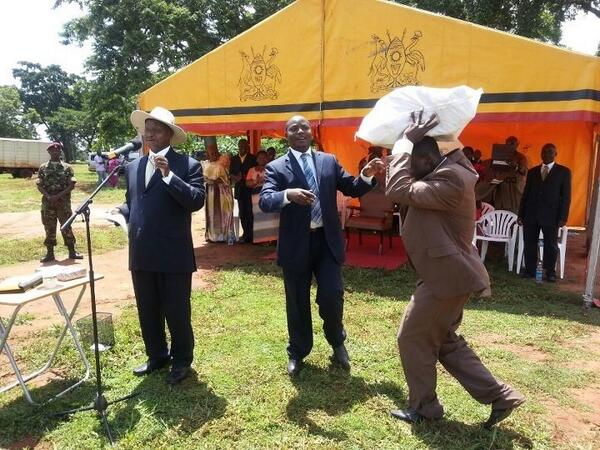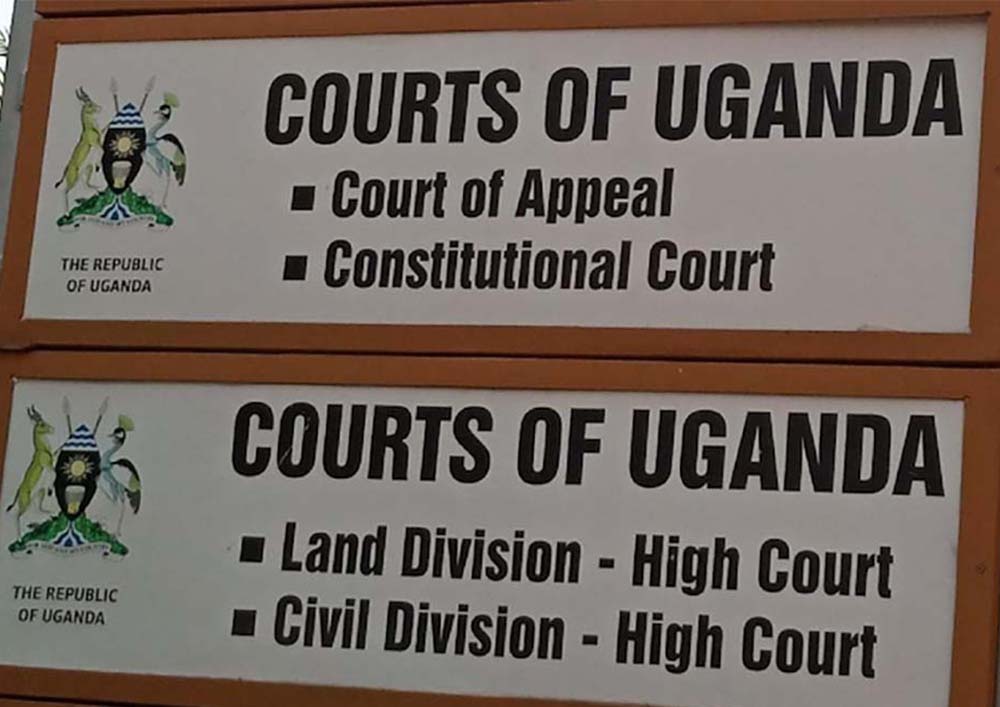President Museveni has commended religious leaders for their supposed efforts in combating corruption in a surprising turn of events. During the Easter holidays, while flitting between his various country homes like a migratory bird, he took a moment to acknowledge the clergy’s stance against corruption.
In a statement shared during Easter Sunday celebrations, Mr. Museveni expressed his happiness at the religious leaders’ condemnation of corruption, urging them to persist in their efforts. He likened corrupt individuals to parasites, delaying and sabotaging the country’s progress.
However, Mr. Museveni couldn’t resist the opportunity to remind everyone of his own anti-corruption credentials, going all the way back to the 1960s. He reminisced about his battles against corrupt chiefs, lecherous teachers, and pilfering veterinarians and medical staff.
Of course, being the national chairman of the NRM political party, he made sure to highlight the party’s supposed consciousness of the corruption issue from the outset. He boasted about empowering the people to monitor government officials’ activities, conveniently forgetting the numerous corruption scandals that have plagued his own administration.
Mr. Museveni didn’t stop at corruption; he also threw in a reference to land grabbing, attributing it, unsurprisingly, to corruption as well. With his characteristic flair for irony, he pointed out that land grabbing doesn’t occur in outer space but right here on Earth, under the noses of various administrative and religious authorities.
In a gesture of magnanimity, he advised religious leaders to expand their focus to include wealth creation. How thoughtful of him! And let’s not forget his praise for the Inter-Religious Council, formed in 2001 to foster unity among religious faiths.
Meanwhile, as he and the First Lady flitted from one holiday destination to another, Mr. Museveni found time to reflect on the sermons he heard on Good Friday. He was pleased to note the emphasis on loving God and loving one’s neighbor, conveniently overlooking the stark contrast between these teachings and the realities of corruption and oppression in the country.
So, as the President basks in the glow of religious approval, one can’t help but wonder: are these praises genuine or merely a facade? With corruption continuing to gnaw at the country’s foundations, perhaps it’s time for actions, not just words, from both religious and political leaders.




















